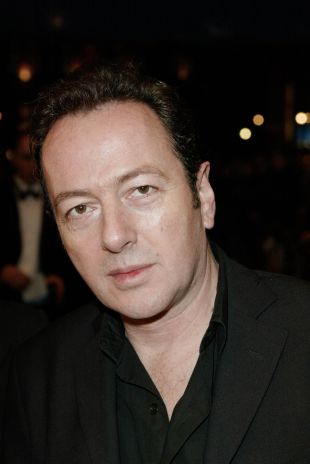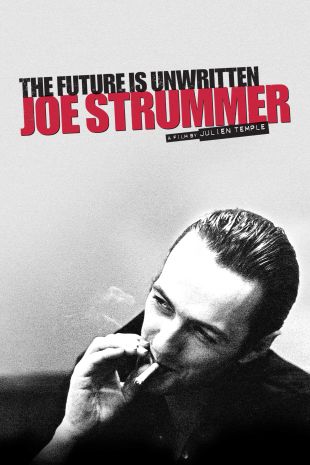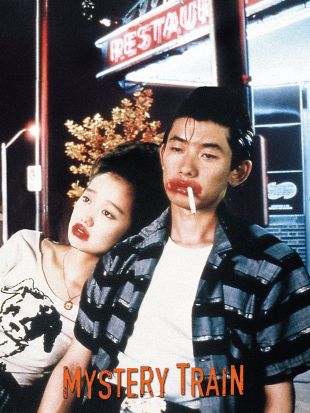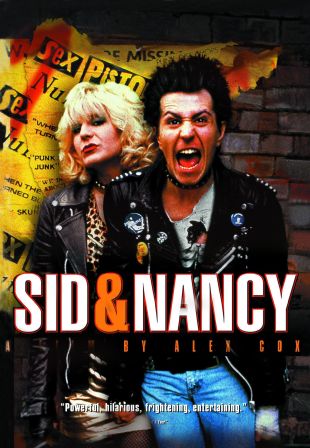As the front-man for the Clash, Joe Strummer helped to launch the British punk rock revolution in the late '70s, and his passionate and fiery performances made his band one of the most powerful and influential rock groups of their time. Since the group's breakup, Strummer has gone on to an interesting and idiosyncratic -- if frustratingly non-prolific -- career in both music and films.
Strummer was born John Mellor in 1952, the son of a British diplomat stationed in Turkey. He became a passionate fan of roots rock and reggae in his teens, and in 1974, after several years of "busking" on the streets of London (the source of his stage name), he formed a rough-and-ready pub rock band called the 101'ers. While the 101'ers slowly but surely built up a following over the next two years, Strummer abandoned the band's more conservative approach after seeing one of the first London shows by the Sex Pistols, becoming convinced that punk rock represented the future of music. With guitarist Mick Jones and bassist Paul Simonon, Strummer formed the Clash, who quickly gained a reputation for their staunch political stance, their ground-breaking blend of punk and reggae, and their firestorm live shows. In 1978, after the group's first album became a hit in Europe, the Clash and their management hatched an ambitious plan to make a film that would allow the band to present themselves on their own terms. Two years later, the flawed but interesting Rude Boy appeared, which told the story of a less than intelligent Clash fan (played by Ray Gange) who becomes the group's roadie. While the footage of the band on stage provided the film's highlights, Strummer gave the film's most engaging performance as he tried to enlighten Gange on the band's political stance while drinking in a pub, washing his shirt after a show, or banging out "Let the Good Times Roll" on a rickety piano.
The Clash's fiery music and powerful charisma attracted the attention of filmmakers, most notably Martin Scorsese, who intended to cast them in The Gangs of New York when he first attempted the project in the early '80s, and gave the group bit parts as "Street Scum" in The King of Comedy. But it wasn't until after the Clash broke up in 1985 that Joe Strummer returned to the screen. Strummer wrote two songs for Alex Cox's film Sid and Nancy, about Strummer's one time tour-mate and punk casualty Sid Vicious; Strummer and Cox struck up a friendship, and Strummer acted in Cox's next two films, Straight to Hell and Walker, with Strummer also composing the score for the latter. Strummer's natural, unforced performances soon won him substantial supporting roles in two independent films from directors noted for their fondness for music, Robert Frank (Candy Mountain) and Jim Jarmusch (Mystery Train). In 1988, Strummer composed several songs for the ambitious teen film Permanent Record (some also popped up on his first solo album, Earthquake Weather, but as he dropped off the musical map for much of the 1990s, his film work also slowed down considerably, limited to bit parts in I Hired a Contract Killer and Docteur Chance; he also scored When Pigs Fly and Grosse Point Blank. However, 1999 saw a flurry of new activity from Strummer as he released his first solo album in ten years, Rock Art and the X-Ray Style, and mounted an international concert tour in support. Onscreen, Strummer did a guest shot on the TV series South Park and contributed a song to Chef Aid: The South Park Album. In 2001, Strummer released a third solo album, Global a Go-Go, and toured both America and Europe in support. Sadly, this proved to be a last harrah; on December 22, 2002, Strummer died in his home, the victim of an apparent heart attack.



